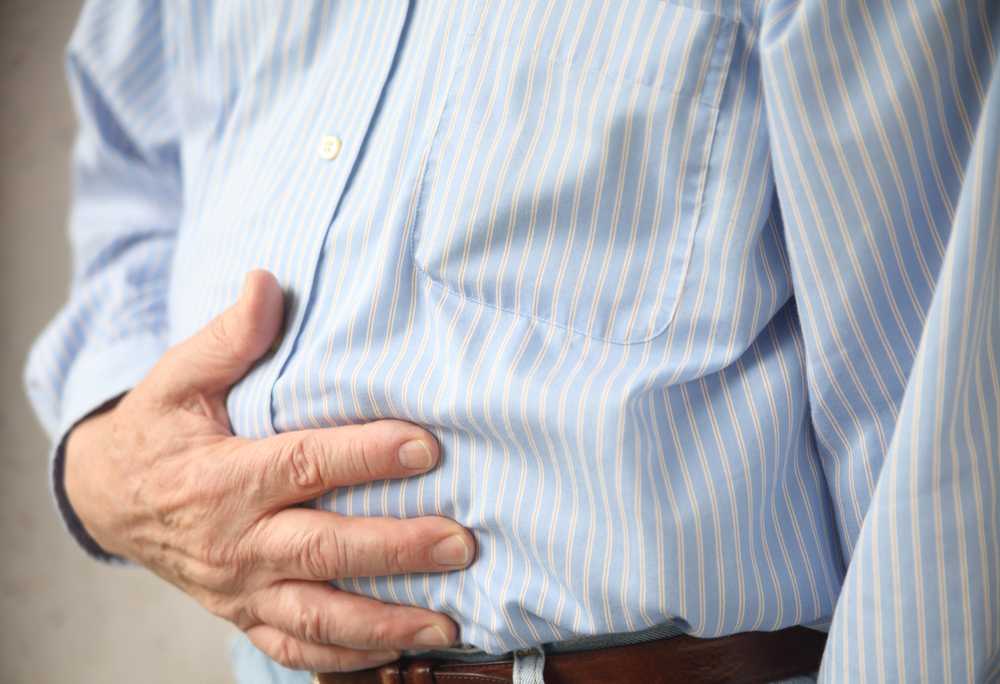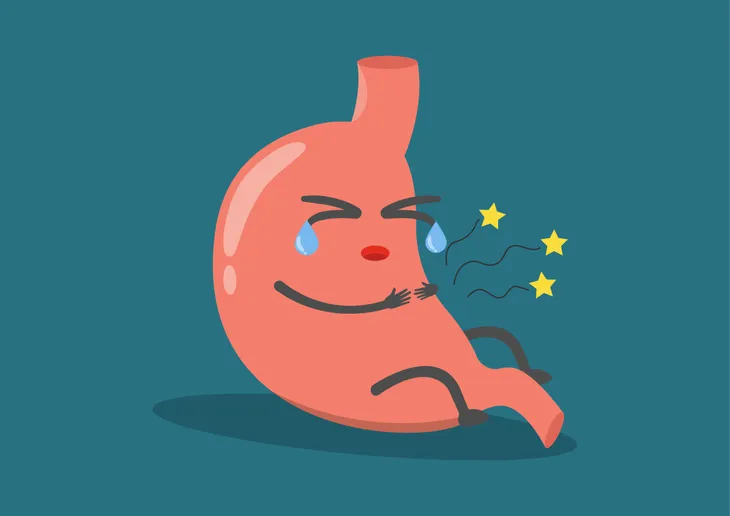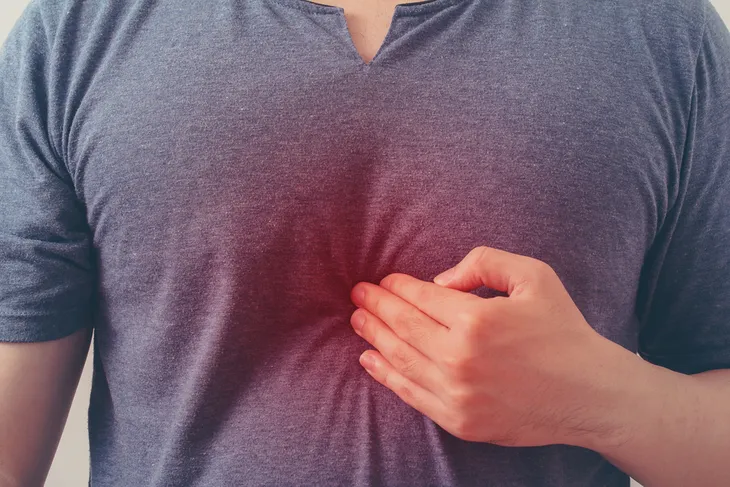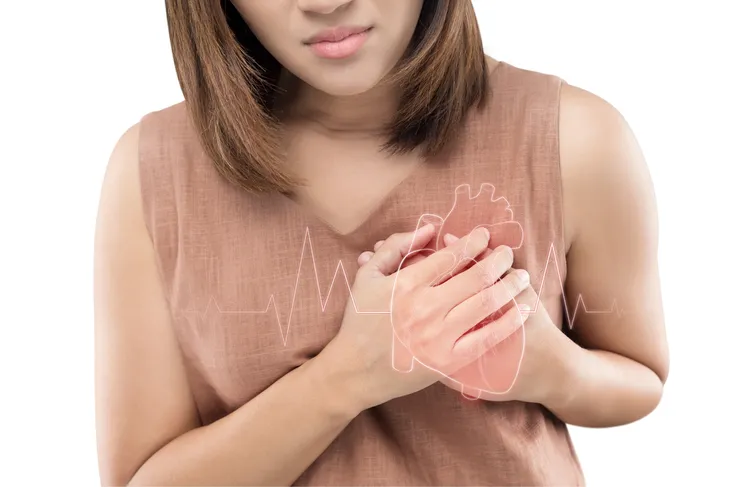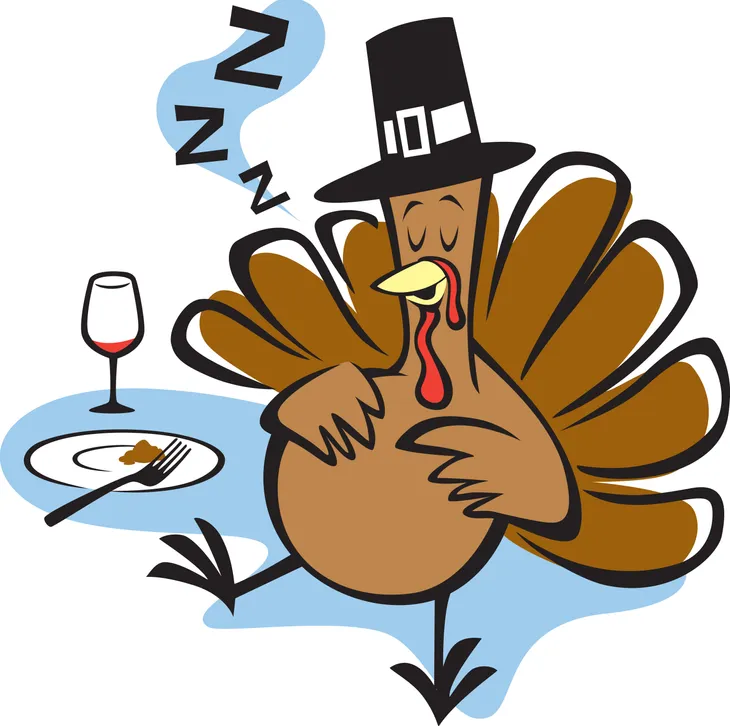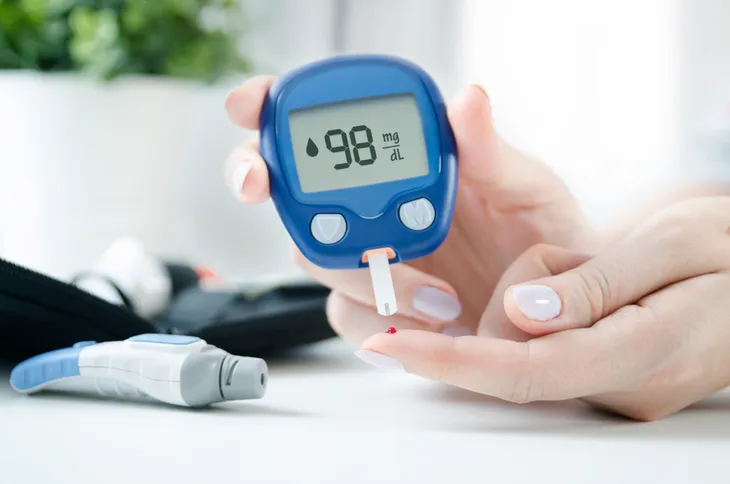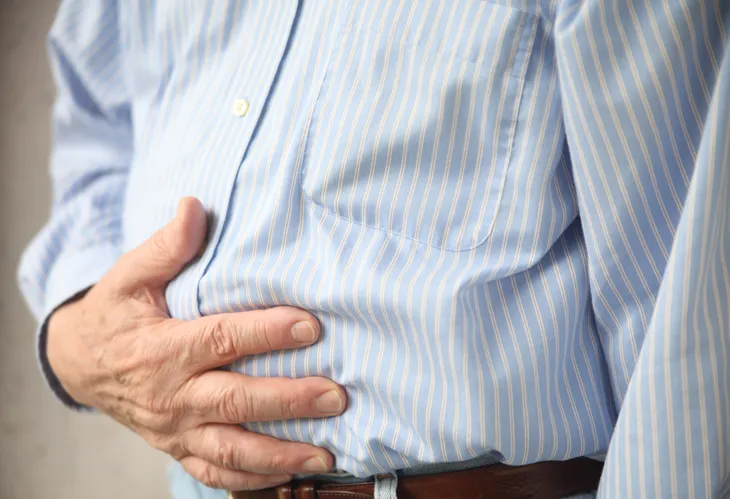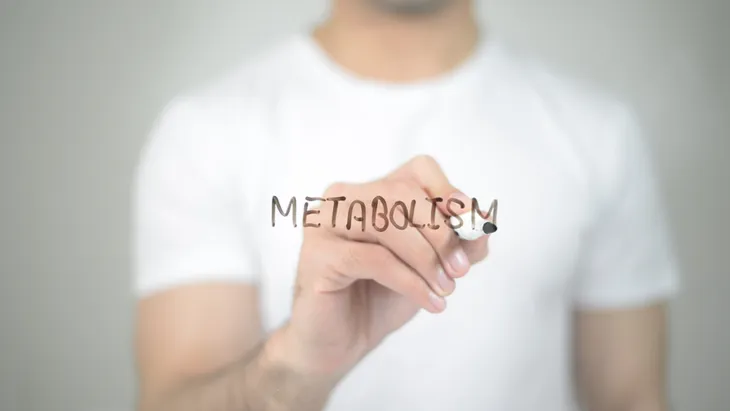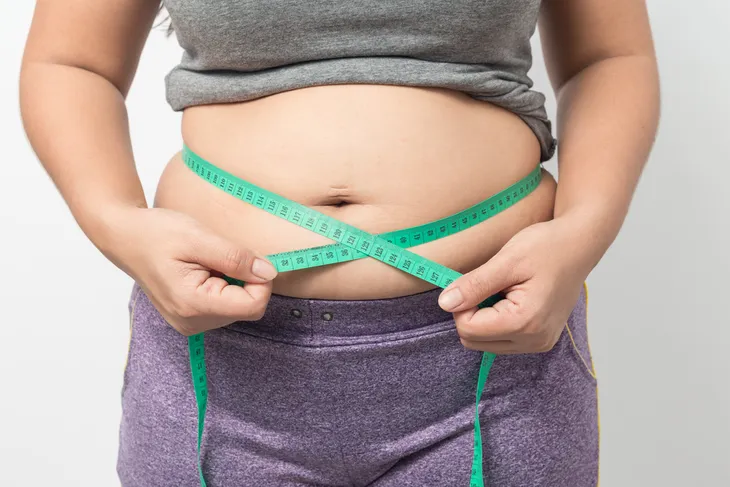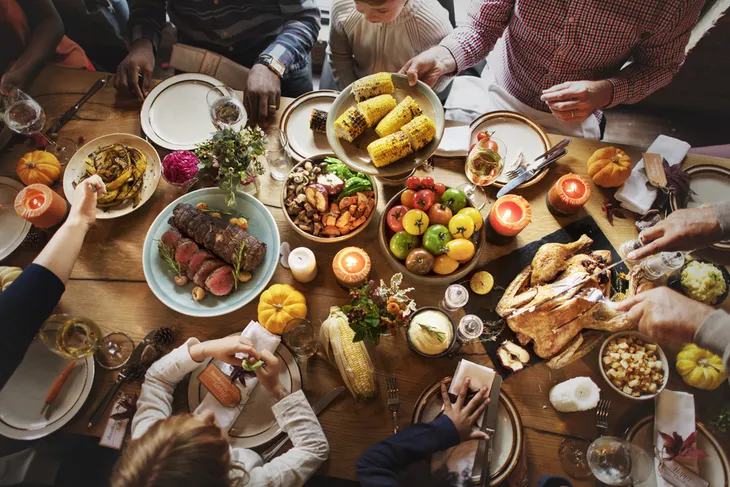A chill is in the air in some parts of the country, and that means the holiday season is fast approaching. And while you may use Thanksgiving as an excuse for an all-you-can-eat buffet, your body might have different ideas.
While we’re celebrating the food and family we have around us, remember that our bodies can’t always rise to the occasion too. So here are 12 things you should consider before loading up your plate for the third time…
Overeating is a Stretch
Are your eyes bigger than your stomach? Possibly not, if you keep jamming turkey and stuffing down your throat. Reader’s Digest explains that once your stomach is full, it will continue to expand to accommodate your festive gluttony.
Once this happens, you can get “uncomfortably full,” and it can put pressure on surrounding organs, adds the source. While your stomach will generally return to normal size once your food is digested, in some cases your stomach remains stretched (if you overeat on a fairly regular basis), it adds. That means it will take more food to make you feel satisfied next time.
It Creates a Backlog
Reader’s Digest notes that overeating means “your food starts backing up,” which will impede the ability for the passage between your stomach and throat to stay closed.
The result of this is generally heartburn – “a burning sensation in your chest or throat.” Luckily, we’ve previously written about simple ways to combat heartburn that you can try.
It Can Go Straight To Your Heart
Well, not literally, but eating way too much could actually increase your risk of a heart attack, according to the New York Times. It notes that because you’re putting more load on your digestive system from a food binge, your heart will have to work harder to feed the stomach and intestines to process it.
Furthermore, if you’re consuming a lot of fatty foods (for example meat, gravy, butter), then you could increase your risk of a blood clot. The source cites a study of 2,000-people that found eating a big meal increases heart attack risk by four times in the two hours following consumption.
Too Much Eating Can Sap Your Energy
As Reader’s Digest explains, it’s usually the tryptophan (an amino acid) in turkey that gets blamed for the “food coma” people often experience following a big Thanksgiving feast. However, our blame is probably displaced on this one.
The source notes that the extra food we pile into ourselves takes longer than usual to digest, meaning more blood is sent to your digestive tract to handle the job. “Your brain and the rest of your body are getting less blood than they’re used to, so you start feeling that familiar post-binge sleepiness,” it explains. While this doesn’t seem so dangerous, other sources point out it can reduce your alertness behind the wheel (which is made worse by holiday alcohol consumption).
It’s a Gallstone Attack Trigger
When you eat, your gallbladder pumps out stored bile to aid in digestion of fats, and it has to squeeze a little harder when you’ve put a big load of food in your stomach, says the New York Times.
This can be a catalyst for a gallstone attack, “when clusters of solid material get stuck in the narrow duct that connects the organ to the intestine.” While these attacks are not usually dangerous, they can mimic the symptoms of a heart attack and can be very painful, it adds. “Many people don’t know they have gallstones until an attack occurs,” says the Times.
It’ll Keep You Up At Night
One one hand, eating a monstrous meal will make you feel tired, as we noted earlier. On the other hand, as much as you’ll want to have a deep sleep to recover, you might not be able to, says Reader’s Digest.
That’s because your body will still be working hard to digest all that food, even after you manage to drift off to dreamland. However, because so much energy is being diverted to your digestive system, “you can’t complete the shutdown and get that restful sleep,” it adds.
Your Blood Sugar Could Skyrocket
Reader’s Digest warns that it’s not just sweets that cause your blood sugar to elevate – it’s carbohydrates. And packing in carbs with a big meal means higher blood sugar because carbs are converted to sugar during digestion, it adds.
The other problem with a potentially dangerous spike in blood sugar is the “inevitable crash,” which can cause you to seek out more food after your “food coma” wears off, it notes. This can become a bit of a vicious cycle.
It Goes Beyond Gas and Bloating
Manhattan Gastroenterology explains that “gastric distress” can be the outcome of eating way more than your body needs in one sitting. It says while you may experience excess gas and a feeling of being bloated for a short period of time, it can “cause a ripple effect throughout your body.”
This can end up even affecting your nervous system, and we’ve already mentioned that your digestive tract will require more blood, resulting in “post-meal malaise.” In short, these symptoms are your body’s way of telling you to take it easy on the indulging, it adds.
There’s The Guilt of Overindulging
Huffington Post notes that a “feeling of guilt” can overcome you after eating more than you intended, especially if you’re dieting or counting calories. However, even if you’re no longer dieting, that instinct to feel badly after consuming a big meal can still hang around, it adds.
This can lead to skipping meals to try and compensate, which is not going to do your body any favors. In fact, research suggests that “shame and guilt shut you down and plunge you even deeper into emotional overeating,” says the source.
Impact on Metabolism
Livestrong.com explains that overeating can have negative metabolic effects, namely that it can “destroy your body’s regular metabolic response.” It says excess nutrients from a big load of food can actually attack cells that contain a molecule called RNA-dependent protein kinase (PKR), and the metabolic process can be halted because the nutrients can be perceived as a threat, it notes.
Worst-case scenario is that you could wind up with a metabolic disorder, which includes obesity and diabetes, says the source. The effect of excess nutrients on cells was a study performed on mice, but the source notes this information helps researchers determine how diet and disease are connected.
Short-Term Pain, Long-Term Gain
This is more for those who like to indulge over the entire holiday season, including Thanksgiving and Christmas – which, let’s face it, is pretty easy to do. WebMD points to a study that says overeating for one month can result in long-term weight gain that may be hard to shake off.
The study by a PhD student at Linkoping University in Sweden suggests there’s some truth to the old saying “a moment on the lips, forever on the hips,” it says. The study involved 18-men and women (average age 26) that increased their energy intake by 70-percent and limited physical activity over a 4-week period. It found that at even 6-months, the group that feasted still had a higher weight than at the beginning of the study, losing about 50-percent of the average 14-pound increase. “At 12-months, the overall weight of the feasting group was still higher than at the study start,” it adds.
Stopping The Gravy Train
Shape magazine has some handy tips to consume before you end up biting off more than you can chew during Thanksgiving. Among the advice, the source says you should “make nibbling inconvenient,” meaning try to ensure food is out of sight. That could mean relocating to a different room where there’s finger foods set up, it adds.
Other suggestions including wearing clothes that are a bit “clingy” but not uncomfortable, to give you a bit of a cue when you’re overdoing it. Slowing down while you’re eating can make a big difference too, it adds. “One study found that when women were instructed to eat slower they drank more water and ate four times fewer calories per minute,” it notes.
